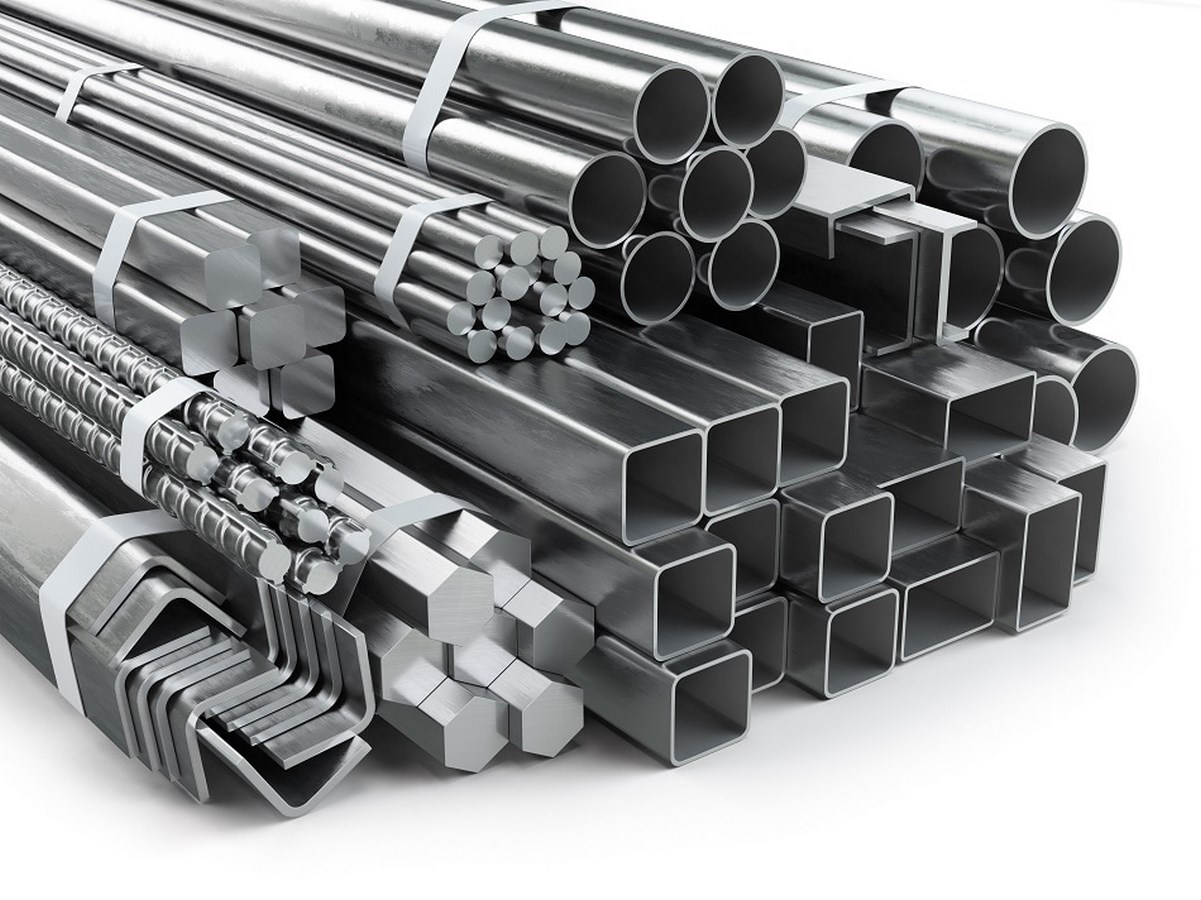Building a house is a significant investment, and one of the crucial factors to consider is the cost of building materials. Understanding how much building materials cost is essential for budgeting and making informed decisions. In this comprehensive guide, we will delve into the various factors that influence the prices of building materials, provide insights into estimating costs, and offer tips to ensure you get the best value for your money.
- Factors Affecting Building Material Costs:
1.1 Market Demand and Supply: The availability of building materials and their demand in the market can significantly impact prices. Factors such as economic conditions, construction trends, and global events can influence supply and demand dynamics.
1.2 Material Type and Quality: Different materials have varying costs. For example, high-end materials like marble or hardwood flooring will be more expensive than laminate or vinyl alternatives. Additionally, the quality of materials, such as grade or durability, can affect their prices.
1.3 Location: Building material costs can vary based on geographical location due to transportation and logistics expenses. Local availability of certain materials may also impact their prices. - Estimating Building Material Costs:
2.1 Research and Comparison: Begin by researching the average prices of building materials in your area. Compare prices from multiple suppliers to ensure you get the best deal. Online platforms and local hardware stores can provide valuable pricing information.
2.2 Quantity Calculation: Accurately estimating the quantity of materials required is crucial for cost estimation. Consult with architects, contractors, or use online calculators to determine the amount of materials needed based on your house's specifications.
2.3 Consider Alternatives: Explore cost-effective alternatives without compromising quality. For example, engineered wood can be a more affordable substitute for solid wood, while ceramic tiles can mimic the appearance of expensive natural stone. - Cost-Saving Strategies:
3.1 Bulk Purchasing: Buying materials in bulk can often lead to significant cost savings. Coordinate with your contractor or builder to identify opportunities for bulk purchases.
3.2 Seasonal Discounts: Keep an eye out for seasonal sales or discounts offered by suppliers. Timing your purchases strategically can help you save money.
3.3 Sustainable Materials: Opting for eco-friendly and sustainable materials can have long-term cost benefits. Many sustainable materials, such as recycled steel or bamboo, are not only affordable but also durable and energy-efficient. - Current Trends and Innovations:
4.1 Prefabricated Construction: Prefabricated building materials, such as modular walls or roof trusses, can reduce labor and material costs while maintaining quality.
4.2 Smart Home Technology: Integrating smart home technology during the construction phase can add value to your house. Consider the costs and benefits of incorporating energy-efficient appliances, automated systems, and security features.
Conclusion:
Estimating the cost of building materials for your dream house requires careful consideration of various factors. By understanding market dynamics, estimating quantities accurately, and implementing cost-saving strategies, you can ensure that your project stays within budget without compromising quality. Stay updated with current trends and innovations to make informed decisions and create a home that reflects your vision while being cost-effective.



